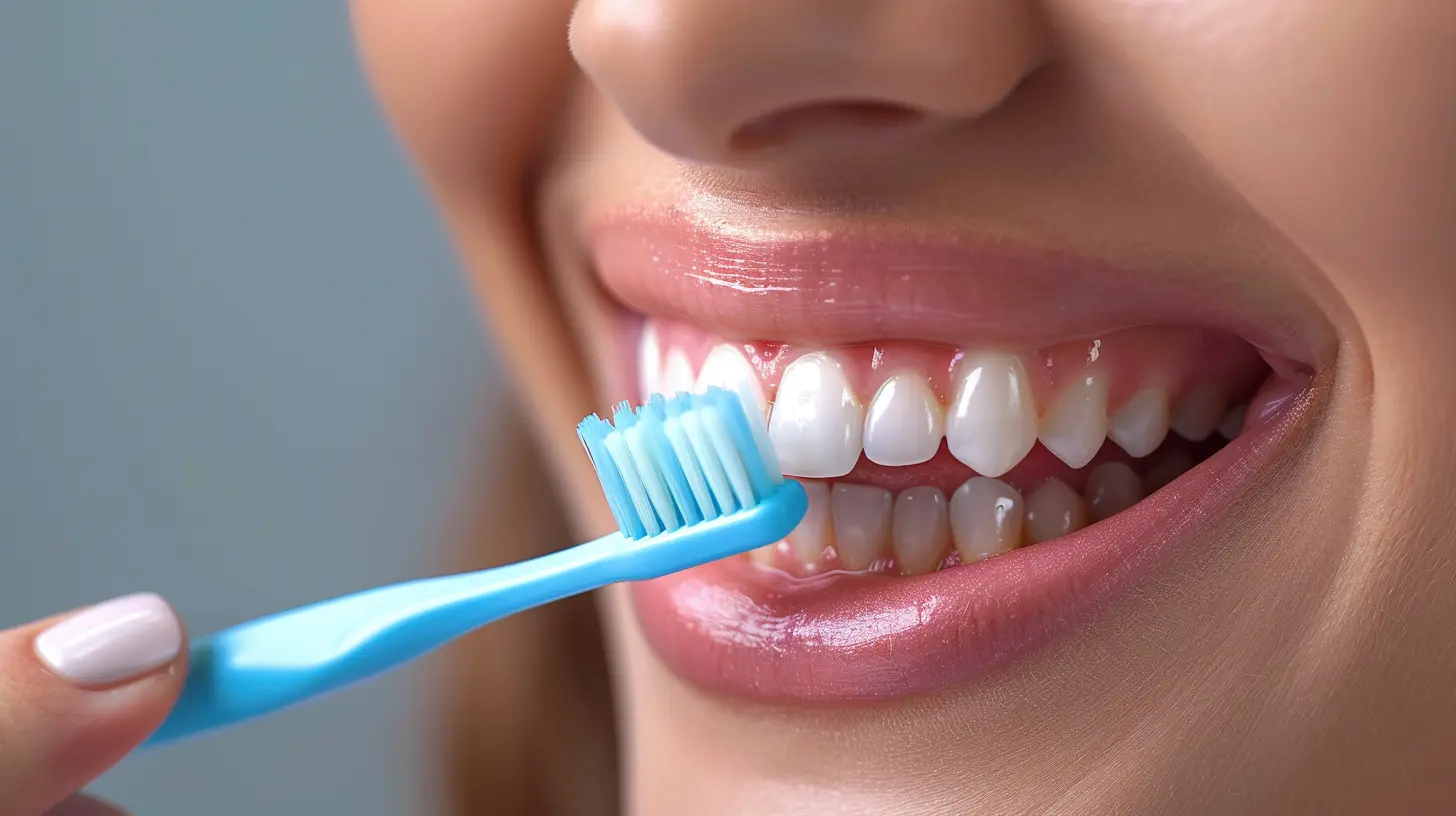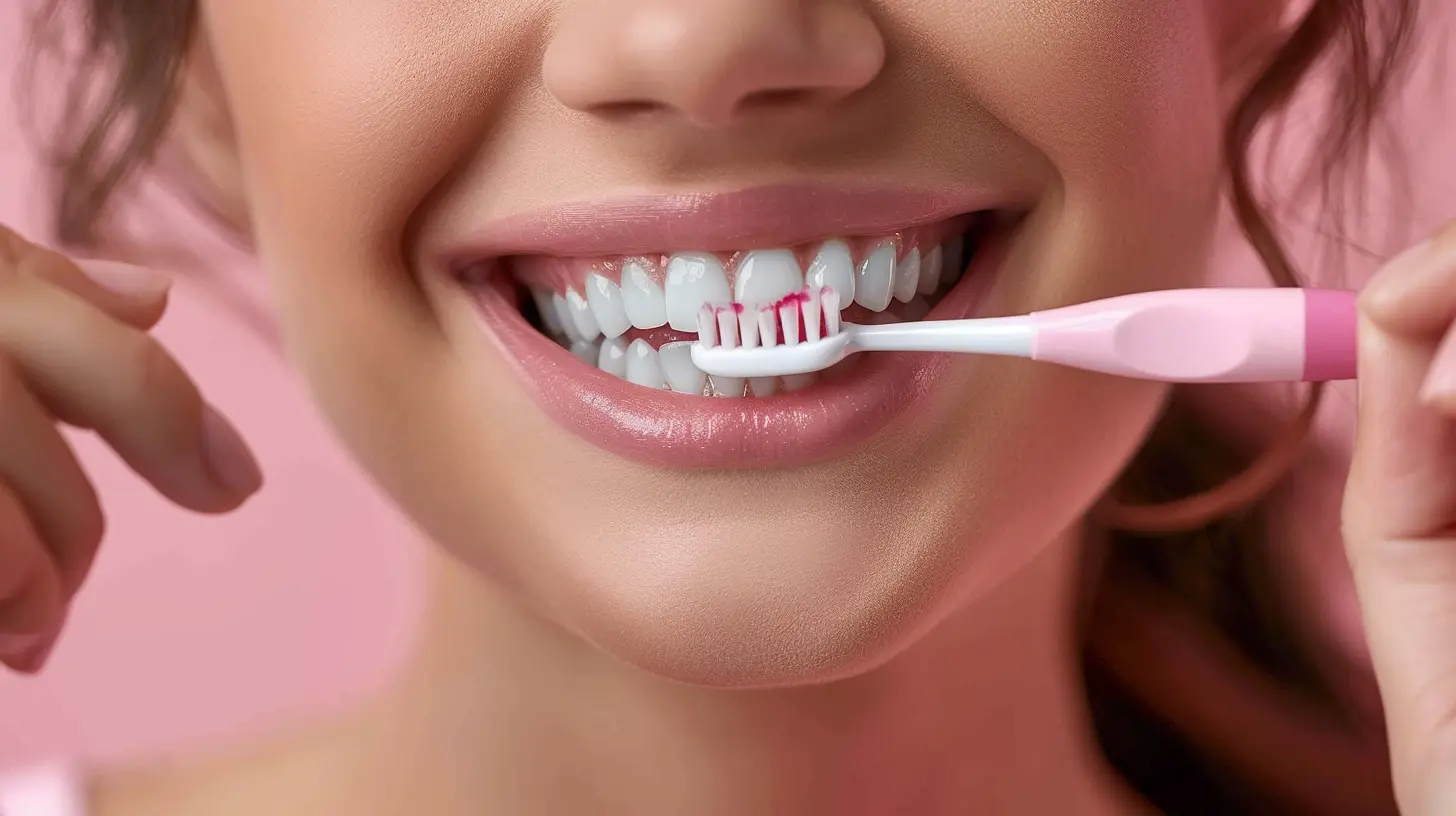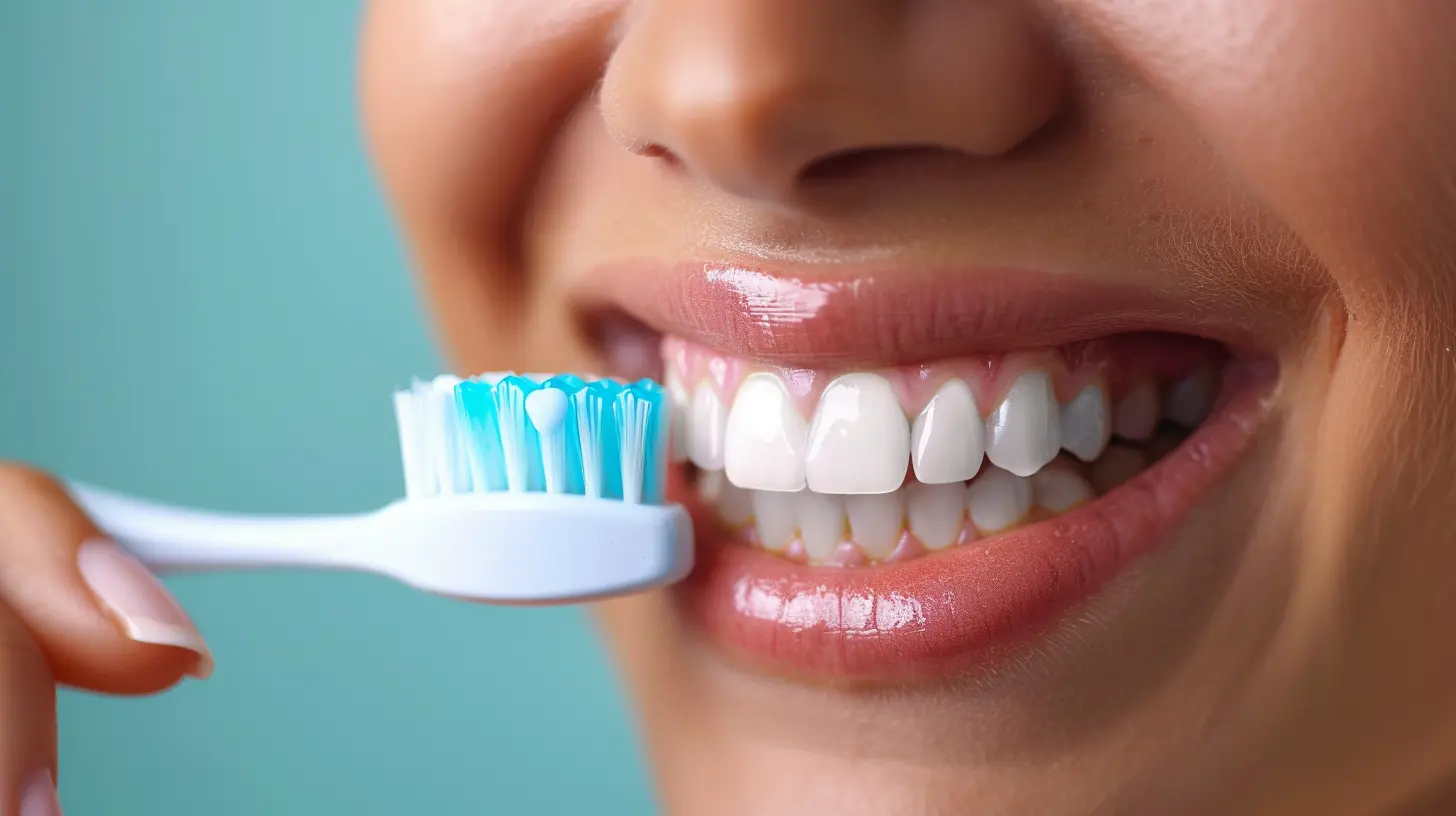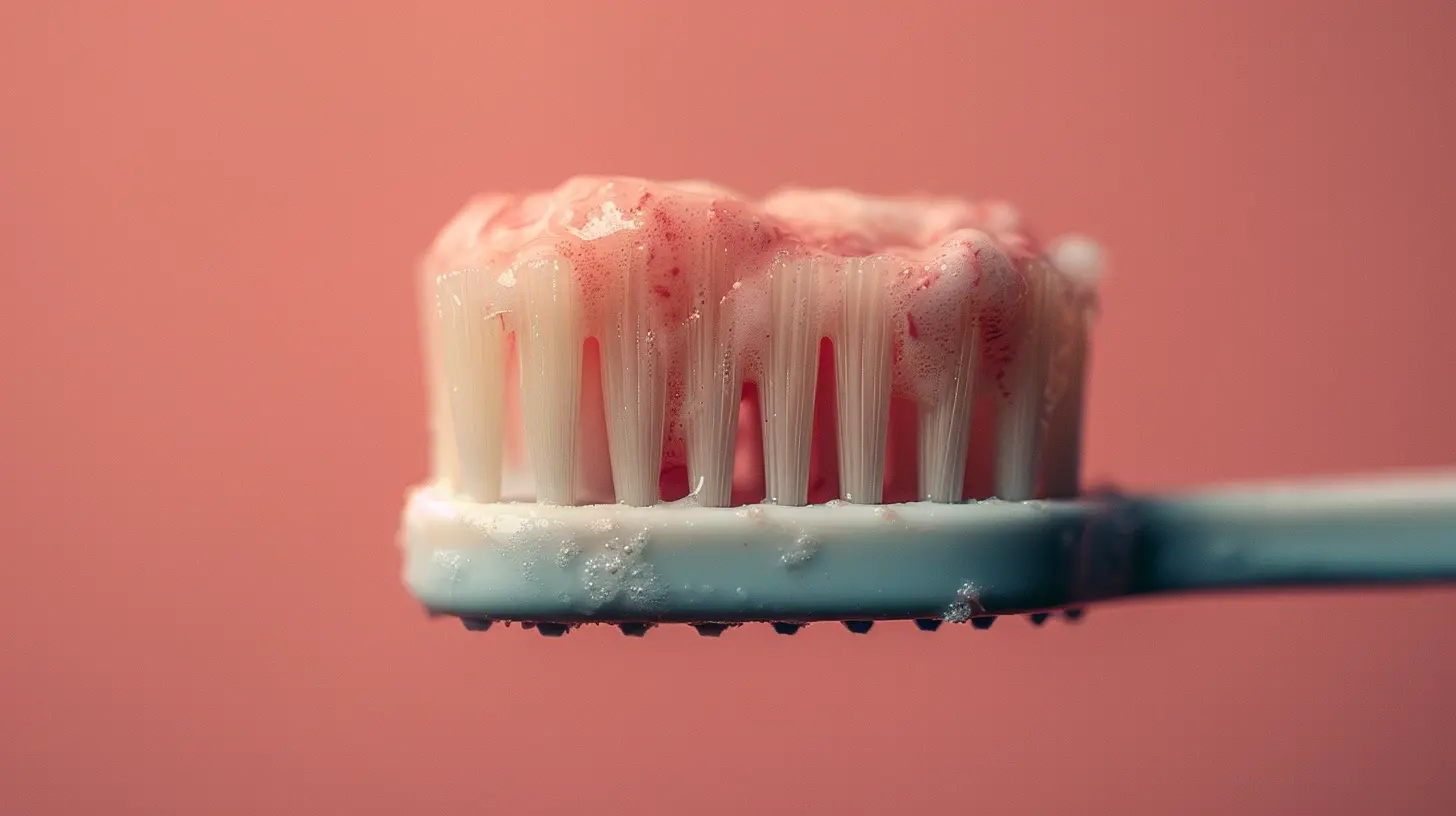The Best Time to Brush Your Teeth for Optimal Oral Care
23 July 2025
Let’s talk about something we all do (or at least should do)—brushing our teeth. You’ve probably been doing it since you could barely reach the sink. But here’s a question that might twist your bristles: Are you brushing at the right time for your teeth to truly shine and thrive?
Yup, this everyday habit has more layers than you think. It's not just about the act itself—you could be brushing religiously but still missing out on the full benefits if you're not doing it at the right time. So let’s dive into the wild world of toothbrush timing and figure out when it’s genuinely best to brush those pearly whites.

Why Timing Matters More Than You Think
Sure, brushing clears away last night’s pizza and this morning’s coffee, but oral care isn’t just about feeling fresh. Your mouth is a bustling metropolis of bacteria (sounds gross, but totally normal), and when you brush actually affects how well you keep them in check.Ever wonder why your breath could knock over a cactus in the morning? That's because bacteria have been partying it up while you sleep. And if you’re brushing right after breakfast? Let’s just say you might be scrubbing those teeth a little too soon.
More on that juicy detail shortly.
The Morning Brush Debate: Before or After Breakfast?
Ah, the age-old dilemma. You’re groggy, half-awake, and you grab your toothbrush. But wait—should you eat first or brush first?Brushing Before Breakfast: The Underdog Champion
Here’s the deal—dentists are big fans of brushing before breakfast. Why? Because when you sleep, your mouth becomes a cozy haven for bacteria to multiply. (Ever notice that fuzzy “sweater” feeling on your teeth in the morning?)When you brush before breakfast, you:
- Clear out the bacteria that built up overnight
- Coat your teeth with fluoride before they meet acidic foods
- Start your day with a fresh, minty mouth—bonus points for confidence!
Brushing After Breakfast: A Caution Sign
Now, brushing after breakfast seems logical—you’ve eaten, so now you clean. But here's the catch: if you dive in with your toothbrush immediately after munching on your orange juice or toast, you might be doing more harm than good.Why? Because your enamel is softened by acidic foods and drinks. Brushing right after eating is like sanding down wet paint—it just doesn’t end well.
If you really must brush after breakfast, dental pros say to wait at least 30 minutes. That gives your saliva time to neutralize the acid and harden your enamel again.
Midday Brushing: Too Much or Just Right?
Let’s be real—most people skip the lunchtime brush. But if you're a hardcore oral hygiene junkie or you had that garlicky pasta at lunch, brushing midday might be your move.Just remember, moderation is key. Overbrushing can irritate gums and wear down enamel. So if you're brushing three times a day, be gentle and use a soft-bristled brush.
Here’s the best strategy:
- Wait 30-60 minutes after eating
- Swish with water if brushing isn’t an option
- Chew sugar-free gum (xylitol is your BFF) to stimulate saliva
So, yes—you can brush midday, but it’s more like a nice dessert than a main course. Not essential, but sure is sweet.
Night Brushing: The Non-Negotiable
Let’s talk about the real MVP of oral care—brushing before bed.If you’re only going to commit to brushing once a day (please don’t, but let’s be hypothetical), it better be at night. The reason? When you sleep, saliva production drops. Less saliva = fewer defenses against cavities and gum disease. It’s like sending your teeth into battle without armor.
Brushing before bed ensures plaque and food debris don’t hang out all night having a bacteria bash in your mouth.
Here’s your golden rule: Never go to bed without brushing your teeth. It’s not just about fresh breath—it’s about preventing long-term damage. Your future self will thank you (and probably have fewer dental bills).
Should You Eat or Drink After Brushing?
So you’ve brushed at the “right time.” Do you still sneak in a sip of soda or a snack before heading out the door?Bad news: that’s like showering and then rolling in the mud.
Eating or drinking anything (other than water) after brushing, especially at night, reintroduces sugar and acids into your mouth. That defeats the whole purpose of your brushing efforts.
Make it a habit to avoid eating or drinking for at least 30 minutes after brushing, especially before bed. Water is the only exception—hydrate away, friend.
What Happens If You Brush at the Wrong Time?
Let’s say you’ve been brushing after breakfast your whole life. Are you doomed?Nope, but your teeth could be getting a little more wear and tear than they need.
Brushing immediately after acidic meals (think OJ, coffee, citrus, or tomato-based stuff) can erode enamel that’s already been softened. Over time, this leads to:
- Sensitivity
- Enamel erosion
- Yellowing teeth
- Higher chance of cavities
Tiny changes in timing can make a huge difference. You don’t need to throw everything out the window—just tweak your routine for better long-term results.
Quickfire Brushing Tips for Bonus Points
While timing is key, best practices matter too. Here’s a bite-sized list of pro tips to up your brushing game:- Brush for 2 minutes. Use a timer or hum your favorite song.
- Use fluoride toothpaste. It’s enamel's best friend.
- Don’t rinse with water after brushing. Let that fluoride chill on your teeth.
- Replace your toothbrush every 3-4 months. Or after a nasty cold.
- Brush gently. You’re cleaning, not scrubbing a rusted pan.
Think of brushing like polishing a fine wine glass—you want clean, not cracked.
Matching Brushing Time with Your Daily Habits
Everyone’s schedule looks a little different—so how do you fit these tips into your unique day?Here’s a quick cheat sheet based on lifestyle:
For the Early Risers
Wake → Brush → Coffee/Breakfast (wait 30 min)This keeps your enamel safe and gives you minty breath confidence for early meetings.
For the Breakfast-in-Bed Crowd
Eat that croissant → Wait 30-60 min → BrushYou’re still golden, as long as you don’t rush the brush.
For the Midnight Snackers
You’ll hate this—but brush after your final food or drink, even if it’s at 2 a.m. No sneaky chips after brushing, okay?On-the-Go Professionals
Can’t brush after lunch? Swish water, chew sugar-free gum, and brush gently when you get home.Final Toothsome Thoughts
Brushing your teeth isn't just a "morning and night" routine. It’s a strategic battle plan against plaque, acid attacks, and bad breath. When you brush matters. A lot more than you thought, huh?So if you’ve been brushing right after breakfast or skipping your bedtime ritual, it might be time to switch things up. Your teeth (and your dentist) will be way happier for it.
And remember: You don’t have to be perfect. Start with one change—like brushing before breakfast instead of after. Small tweaks, big wins.
Now go forth, wield that toothbrush like a warrior, and time it like a pro.
all images in this post were generated using AI tools
Category:
Healthy TeethAuthor:

Jackson Mahoney
Discussion
rate this article
1 comments
Sara Sanchez
Great article! Establishing a routine for brushing your teeth at the optimal times truly enhances oral health. Thanks for sharing these valuable insights to help us all maintain brighter smiles!
August 17, 2025 at 3:44 PM

Jackson Mahoney
Thank you for your kind words! I'm glad you found the insights helpful for maintaining a brighter smile. Keep brushing!


